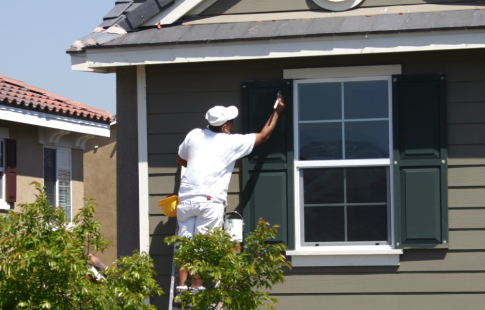Cash reserves, or “mortgage reserves,” are funds a client has easy access to in addition to their down payment and closing costs. These funds can be liquid—like cash in a checking account—or easily turned into cash—such as stocks and bonds. Many lenders require proof of cash reserves to confirm a client can afford a certain number of mortgage payments, usually two to six, in the event of a financial emergency. If additional costs like HOA dues will be charged, the cash reserves will need to cover them, too.
Standards vary by lender, but commonly accepted cash reserves include funds in:
- Checking or savings accounts
- Trust accounts
- Stocks and bonds
- Retirement savings accounts, based on vested amounts
- Certificates of deposit (CDs), money market funds, mutual funds
- Life insurance policies, based on their vested cash value




